- List your property - it's free
- Sign up or Log in
-
English- en
-
THB - ฿
- Buy
- Rent
- Koh Samui Property For Rent
- Koh Samui Market Overview
- See Newest Rentals
- List your Rental
- Sell
- Projects
- Advice
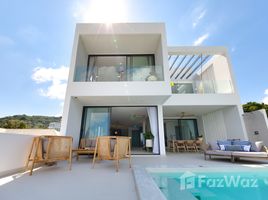









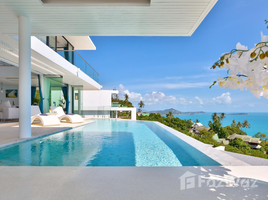




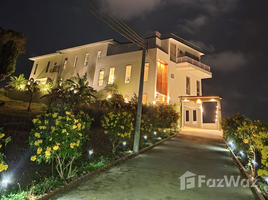




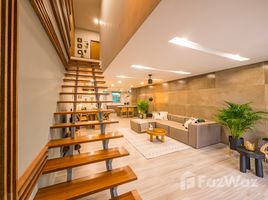




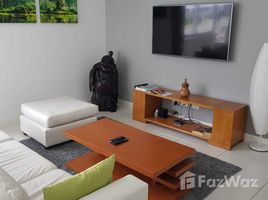




 Don't miss out!
Get notified when new properties for sale are listed in Koh Samui
Don't miss out!
Get notified when new properties for sale are listed in Koh Samui
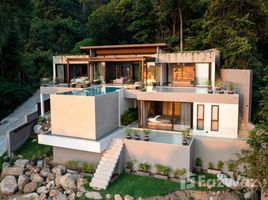




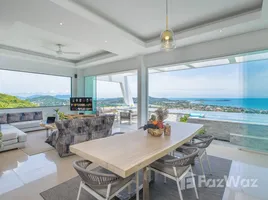




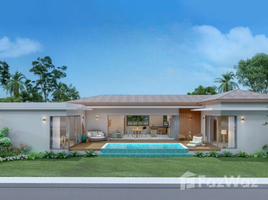




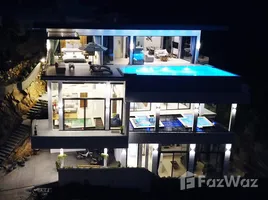




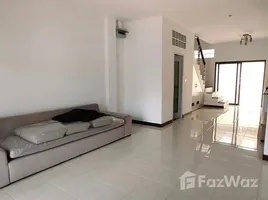










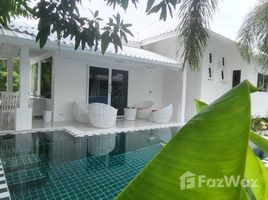




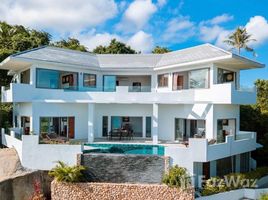




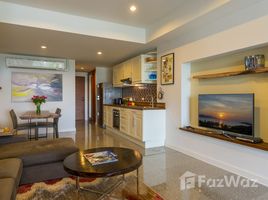




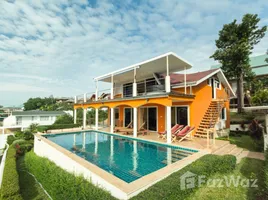




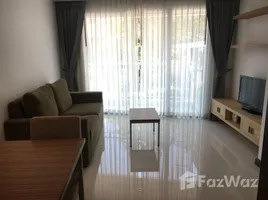




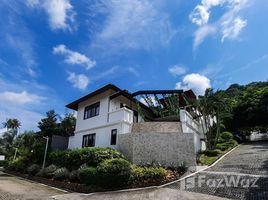





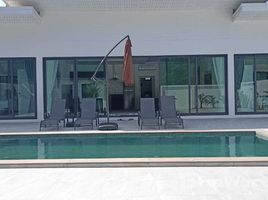














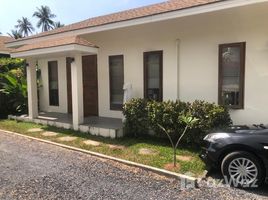




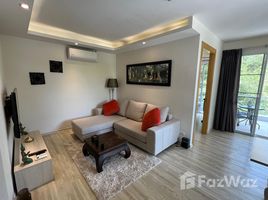




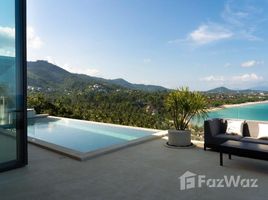





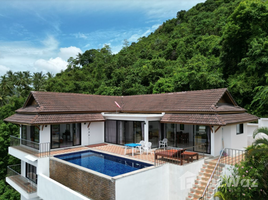




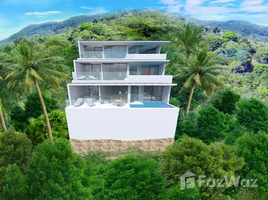




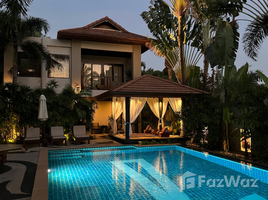




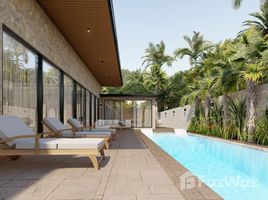




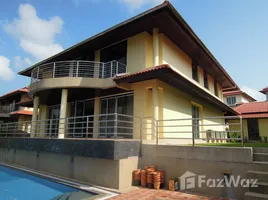




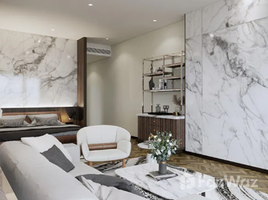




Learn more about the Koh Samui property market through trends and average prices.

The Island is located within the ‘Gulf of Thailand’, Phuket is Thailand’s largest island and Koh Samui is the second largest island. The island is growing at a rapid rate with foreign arrival numbers during 2018 via international flights doubling over the past five years. Known for its palm-fringed, white sand beaches and wellness retreats and is a perfect environment to explore on an organized tour, Koh Samui attracts a Healthy mix of tourists from budget backpackers to high-end holidaymakers who will stay at some of Thailand’s most luxurious properties.
Koh Samui offers a wide range of property types which cater to a diverse investment range. Island zoning regulations and mountainous jungle terrain have limited the development of high-rise condominium projects when compared to other holiday markets across Thailand. Modest-priced, boutique-style condominium projects are predominantly located in Mae Nam and Bang Rak and start at approximately 60 SQM. These projects offer good common facilities and shared transportation to major shopping centers and popular nightlife and locations. The same mountainous terrain that has limited the mass growth of condominium projects provides the perfect footprint for the mid-range price point of investment sea-view villas. Predominantly located in Chaweng and Bo Phut these properties start from 2-bedroom configurations and are approximately 170 SQM in size. A great example is Lux Neo in Chaweng. The high-end or luxury segment of the market caters to lavish pool villas which are located island-wide. All of these properties feature stunning sea-views and some with direct beach-access in areas like Laem Set.
The most popular tourism area of Koh Samui is Chaweng which is home to the majority of the islands restaurants, activities and nightlife. Central Festival has opened a lifestyle shopping complex which is the largest shopping center in Koh Samui. For those looking to escape to a more peaceful retreat, Lamai offers a friendly family environment with beachside bungalows and restaurants where you can pass the day by lounging on the beach. If beach clubs are on your agenda then a trip to Lipa Noi is a must where the world famous Nikki Beach club always offers a host of activities and dining.
In recent years Koh Samui has shed its label of being a backpacker’s haven and has widely become known for being the ‘wellness’ destination of Thailand. Catering to those looking to escape their day to day lives and focus on self-improvement. Whether mind, body or soul Koh Samui has become a top global destination for yoga retreats that offer spa packages and organic healthy food options ensuring guests return home well-rested and rejuvenated. For those looking to make a more permanent impact, like its big brother island Phuket, Koh Samui is home to hospitals with international credentials and standards that are attracting holidaymakers of all nationality’s to explore a Breast Augmentation procedure and then recover in a tropical paradise. Situated in the ‘Gulf of Thailand’ Samui is within close proximity to local islands where you can catch a ride on a traditional long-tail-boat or charter a more luxurious option as highlighted on BoatCrowd.
There are lots of reasons as to why foreign and local Thais want to invest in real estate in Koh Samui. The top 5 reasons are the following:
Hello there! We're so excited to hear that you're considering buying a property in the beautiful island of Koh Samui. As a tropical paradise, it's an excellent choice for a vacation home, investment property, or even a new place to call home. Here's what you need to know before making your decision:
1. Property Types: Koh Samui offers a variety of property types to choose from, including luxurious villas, modern condominiums, and charming traditional Thai homes. Consider what suits your lifestyle and budget best, whether you're looking for a beachfront property or something nestled in the lush greenery.
2. Legal Matters: Keep in mind that foreign ownership of land is generally restricted in Thailand. However, you can still own a property through leasehold agreements or by purchasing a condominium in your name. It's important to work with a reputable lawyer who specializes in Thai property law to guide you through the process and ensure everything is done correctly.
3. Location: Koh Samui is a diverse island with plenty to offer, but different areas may cater to your needs better. For example, Chaweng and Lamai are bustling with nightlife and entertainment, while Bophut and Maenam offer a more serene atmosphere for relaxation. Research the various neighborhoods and consider factors like infrastructure, amenities, and accessibility to ensure your property meets your needs.
4. Budget: Property prices in Koh Samui can vary significantly, so establish a clear budget before you start your search. Don't forget to factor in additional costs like taxes, legal fees, and maintenance expenses. Having a realistic budget in mind will make it easier to find the perfect property that meets your expectations and financial capabilities.
5. Expert Help: Enlisting the help of a professional real estate agent is invaluable when purchasing property in Koh Samui. They can help you navigate the local market, recommend suitable properties, and negotiate the best deal on your behalf. Furthermore, they can connect you with reputable legal and financial professionals to ensure a
Absolutely, foreigners can indeed purchase property in Koh Samui. Known for its stunning beaches, rich culture, and vibrant community, Koh Samui has grown into a sought-after destination for property buyers from around the world. However, it is essential to be aware of the regulations and procedures governing foreign ownership of real estate in Thailand.
While non-Thai nationals are not permitted to own freehold land directly, they can acquire land through leasehold agreements up to 30 years with a possible extension, or by setting up a Thai Limited Company. In the latter case, the foreigner would own shares in the company that holds the land, effectively granting control of the property. It is important to consult legal experts for proper guidance on the most suitable option for your situation.
When it comes to purchasing condominiums or apartments in Koh Samui, the process is more straightforward for foreigners. Under Thai law, up to 49% of a condominium project's total floor area can be allocated for foreign ownership. If you choose this option, you can own the property outright, registered in your name, with a freehold title deed. This documentation confers permanent ownership, which means you can sell, lease, or transfer the property without any restrictions.
Regardless of the type of property you wish to purchase, it is crucial to engage the services of experienced professional advisors, such as real estate agents, attorneys, and accountants, to navigate the legal and financial aspects of buying property in Koh Samui. They can help you conduct thorough due diligence, review and negotiate contracts, and ensure compliance with Thai regulations to safeguard your investment.
In conclusion, foreigners can successfully buy property in Koh Samui by understanding and adhering to the regulations governing foreign ownership in Thailand. With proper planning, professional guidance, and a commitment to exploring this beautiful island, you can make Koh Samui a home away from home or a valuable addition to your investment portfolio.
Building a house in the picturesque island of Koh Samui can vary significantly in cost, depending on factors such as location, size, design, and construction materials. On average, the cost of building a house ranges from 15,000 to 45,000 Thai Baht per square meter. It is essential to consider these factors to determine a more accurate estimate for your specific project.
Location plays a vital role in the overall cost, as land prices can fluctuate depending on the proximity to popular tourist areas, waterways, and beachfronts. Generally, land prices in more secluded and remote areas tend to be lower, whereas those in the bustling regions command premium rates.
The size and design of the house are other critical aspects to consider. Smaller, more straightforward designs with basic finishes and fixtures will fall on the lower end of the cost spectrum. Meanwhile, larger houses with luxurious features, bespoke design elements, and high-end finishes will push costs towards the upper limit. Additionally, incorporating eco-friendly components and sustainable materials may add to upfront costs but can result in long-term savings on energy and maintenance.
Lastly, construction materials and labor costs can impact the overall price tag. Opting for local materials and workforce can be more cost-effective than importing from overseas. However, the quality of the local materials should be taken into account to ensure durability and longevity. In some cases, it may be worthwhile to invest in higher-quality materials for vital structural components.
In summary, building a house in Koh Samui can cost anywhere between 15,000 to 45,000 Thai Baht per square meter. To get a more accurate estimate for your dream home, we recommend consulting with a local architect or contractor who is familiar with the island's construction industry and can provide custom solutions tailored to your unique requirements and budget.
Purchasing a property in Koh Samui, a popular Thai island known for its pristine white sandy beaches and magnificent natural landscapes, is generally considered a safe and reliable investment. As with any real estate transaction, however, potential buyers must exercise due diligence to ensure they are making an informed decision.
First and foremost, it is crucial to familiarize oneself with the Thai property laws and regulations. Foreigners are generally not allowed to own land outright, but they can acquire property through other means, such as a long-term leasehold or purchasing a condominium with a freehold title. Engaging the services of a reputable local attorney will facilitate the navigation of the legal intricacies involved.
The island's burgeoning tourism industry, coupled with consistent economic growth, has fueled demand for residential and commercial properties. This, in turn, has led to an increase in the number of established real estate agencies and reputable developers on the island. Working with a well-regarded agency will ensure access to high-quality listings and facilitate the negotiation process.
Another factor contributing to the safety of investing in Koh Samui is the island's well-developed infrastructure. Modern amenities, international hospitals, and a comprehensive transportation network - including an international airport - provide convenience and accessibility for property owners.
When considering a property in Koh Samui, it is essential to evaluate the location, quality of construction, and potential rental yield carefully. Due to the island's susceptibility to natural phenomena, such as monsoons and coastal erosion, it is prudent to inspect the property's resistance to these elements and verify its adherence to building regulations.
In conclusion, Koh Samui presents a safe and attractive real estate investment opportunity for those who are well-informed, diligent, and adhere to proper legal procedures. The combination of favorable market conditions, stunning natural beauty, and well-developed infrastructure makes the island an appealing prospect for both residential and commercial property investors.